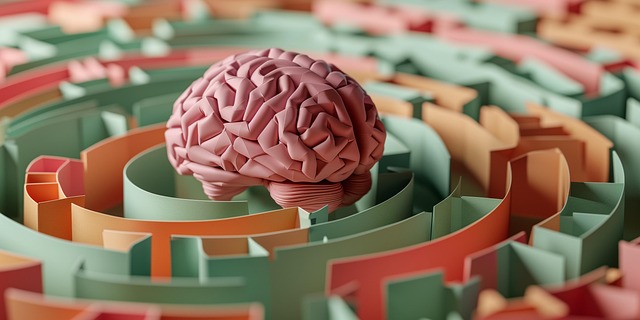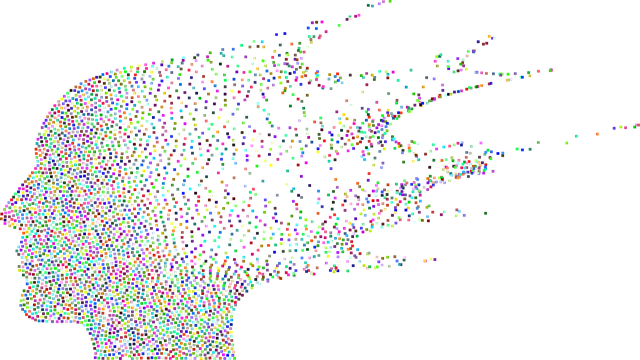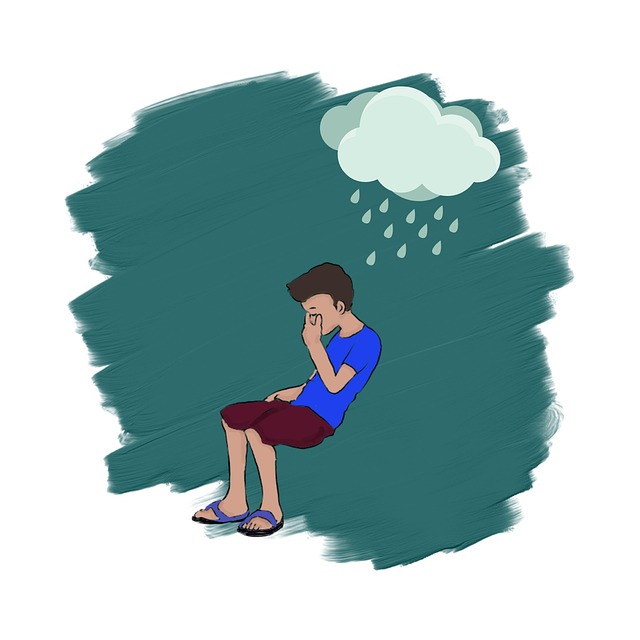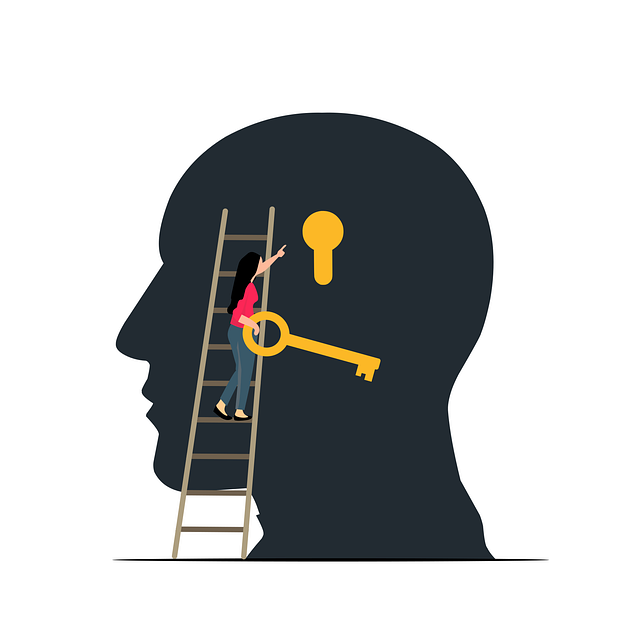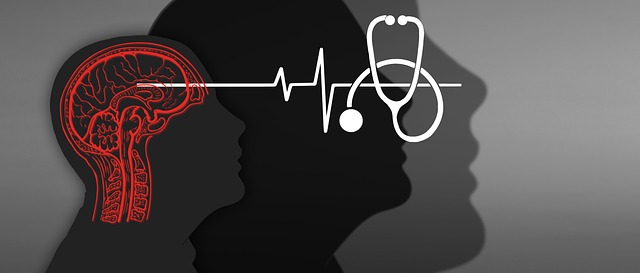Mental health diagnoses require thorough evaluations by qualified professionals using standardized criteria. Therapy for adults and couples counseling are effective tools, offering in-depth sessions to explore thoughts, feelings, and behaviors, enhancing self-awareness and coping strategies. Couples counseling specifically addresses relationship influences on mental health. Online therapy, education programs, and podcasts reduce barriers to access, empowering individuals with depression prevention tools. Building resilience through these methods promotes long-term well-being, emphasizing self-care routines and stress management workshops.
Navigating mental illness is a complex journey, often starting with understanding one’s diagnosis. This article serves as a comprehensive guide, exploring various aspects of mental health support. From demystifying the diagnostic process to highlighting tailored therapy options, it delves into effective strategies for adults and couples. We discuss the importance of professional counseling in managing relationships during challenging times. Additionally, we provide insights on overcoming barriers to accessing quality treatment and foster resilience for long-term well-being, emphasizing the vital role of therapy for adults and couples counseling.
- Understanding Mental Health Diagnoses: Demystifying the Process
- The Role of Therapy for Adults: Targeting Individual Needs
- Couples Counseling: Navigating Relationships in Times of Struggle
- Accessing Effective Treatment: Overcoming Barriers and Finding Support
- Building Resilience: Strategies for Long-Term Well-Being
Understanding Mental Health Diagnoses: Demystifying the Process

Mental health diagnoses are often complex and can be challenging to navigate. Understanding the process involves familiarizing oneself with various conditions, their symptoms, and how they impact daily life. It’s important to realize that mental illness isn’t a one-size-fits-all scenario; each individual’s experience is unique. Diagnosing a mental health condition requires a comprehensive evaluation by qualified professionals using standardized criteria. This process often includes in-depth interviews, psychological assessments, and sometimes medical tests to rule out other factors.
Therapy for adults and couples counseling are effective tools that can help demystify mental health issues. Through counseling sessions, individuals and couples gain valuable insights into their thoughts, feelings, and behaviors. Empathy building strategies and mind over matter principles taught in these therapies empower clients to manage stress and improve their overall well-being. Moreover, participation in stress management workshops within organizations can provide practical tools for coping with common mental health challenges, fostering a supportive environment for open dialogue and personal growth.
The Role of Therapy for Adults: Targeting Individual Needs

Therapy plays a pivotal role in supporting adults navigating mental illness. Individual therapy sessions provide safe spaces for individuals to explore their unique experiences, challenges, and strengths. Skilled therapists employ various evidence-based approaches tailored to personal needs, fostering self-awareness, coping strategies, and resilience. By delving into complex emotions, past traumas, and thought patterns, therapy empowers adults to gain insight, manage symptoms, and enhance overall mental wellness.
In addition to individual support, therapy for adults often incorporates couples counseling, recognizing the profound impact of relationships on mental health. This collaborative approach helps partners understand each other’s experiences, improve communication, and develop healthy coping mechanisms together. Moreover, integrating Self-Care Practices and Emotional Intelligence development within therapy empowers individuals to proactively manage stress, regulate emotions, and build lasting resilience for improved overall well-being.
Couples Counseling: Navigating Relationships in Times of Struggle

Navigating relationships during times of mental illness can be challenging, but couples counseling offers a valuable support system for both partners. This type of therapy provides a safe and private space where individuals can openly discuss their struggles and work collaboratively to improve their connection. By addressing communication issues, learning coping strategies, and gaining insights into each other’s experiences, couples can strengthen their bond and develop effective ways to manage mental health challenges together.
In today’s world, where mental wellness is increasingly recognized as a priority, professional guidance is readily available through various platforms, including online therapy and mental health education programs designed for couples. The production of engaging Mental Wellness Podcast Series also plays a significant role in raising awareness about relationship dynamics during times of struggle. Through these resources, individuals can access valuable depression prevention tools and gain knowledge that empowers them to navigate their mental health journey alongside their loved ones.
Accessing Effective Treatment: Overcoming Barriers and Finding Support

Accessing effective treatment is a pivotal step for individuals navigating mental health challenges. Overcoming barriers to care is essential, as many face stigma, financial constraints, or a lack of awareness about available resources. Mental health awareness campaigns and education programs designed to destigmatize conditions can empower people to seek support. These initiatives encourage open conversations about mental illness, fostering an environment where individuals feel comfortable discussing their struggles and seeking professional help.
Couples counseling and therapy for adults are specialized forms of treatment that play a significant role in addressing interpersonal dynamics and emotional well-being. Effective crisis intervention guidance can provide immediate relief during acute episodes while directing individuals towards longer-term support systems. By combining specialized therapy, financial assistance programs, and accessible mental health education, barriers to care can be significantly reduced, ensuring more people receive the necessary support for their mental health journey.
Building Resilience: Strategies for Long-Term Well-Being

Building resilience is a crucial component of navigating mental illness and fostering long-term well-being. It involves developing strategies to cope with challenges, bounce back from setbacks, and maintain a sense of balance in life. Through therapy for adults or couples counseling, individuals can learn valuable tools to enhance their mental wellness. One effective approach is incorporating self-care routine development, which includes practices such as regular exercise, mindfulness techniques, and healthy sleep habits.
Additionally, participating in stress management workshops organized by various organizations can empower people to manage stressors effectively. By combining these strategies with professional guidance, individuals can build a robust support system and improve their overall mental health. This holistic approach ensures that they are equipped to face life’s challenges head-on, fostering resilience and promoting sustained wellness.
Mental health diagnoses and treatment navigation are crucial steps towards healing and well-being. By demystifying the diagnosis process, understanding tailored therapy options like individual and couples counseling, and accessing available support, individuals can overcome barriers to care. These strategies empower folks to build resilience, fostering long-term mental wellness through effective treatment and strengthened relationships. Whether seeking therapy for adults or couples counseling, there is hope and support available to navigate this journey together.


